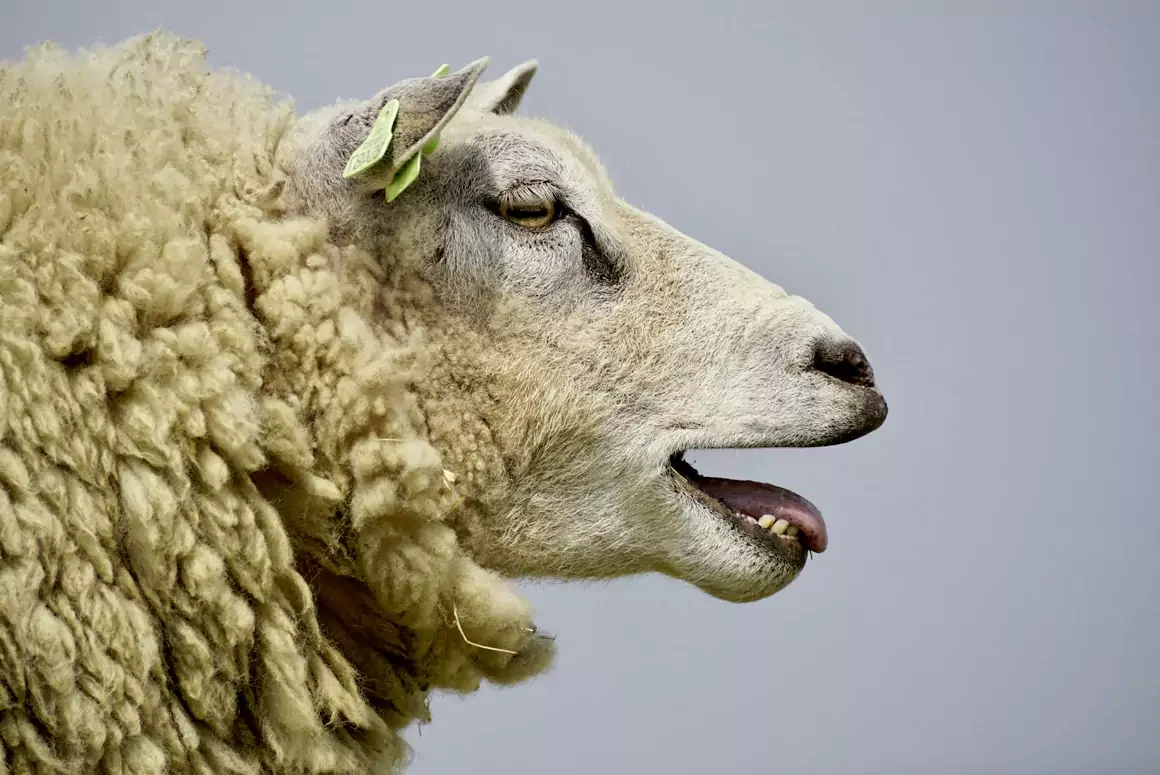Local Senedd Member Peter Fox and Welsh Conservative Shadow Cabinet Secretary for Economy, Energy and Rural Affairs Sam Kurtz have spoken out following confirmation of Blue Tongue cases in Chepstow, Monmouthshire, and in Powys.
Peter Fox MS said:
“This will be extremely worrying news for our farming community. Farmers are already dealing with so many challenges, and this outbreak will send further shock waves through an industry under real pressure.
“While Blue Tongue poses no risk to human health, it can be fatal to livestock — a devastating prospect for farm businesses. I know our local farmers will remain vigilant and do all they can to help contain the situation. It is vital that any suspected cases are reported immediately to the authorities.”
He added:
“This outbreak is a reminder of how vulnerable our agricultural sector can be to forces outside its control. At a time when farmers are already battling bovine TB and facing the threat of a family farm tax, the Welsh Government must show greater sympathy and support for the industry.”
Sam Kurtz MS, Shadow Cabinet Secretary for Economy, Energy and Rural Affairs, said:
“This disease poses a serious risk to animal health and is already causing financial losses through movement restrictions at markets and across the supply chain. Vaccination remains our best defence, and I urge farmers to continue protecting their herds and flocks.
“Our farmers cannot be left to shoulder these costs alone. The Welsh Government must step up with urgent financial support and show that it is ready to stand alongside our farming communities during this difficult period.”
He added:
“Now is the time for practical action. Farmers work tirelessly to put food on our tables, and they deserve a government that recognises their efforts and stands with them in times of crisis. Anything less will only add to the uncertainty facing Welsh agriculture.”
Notes:
Bluetongue situation in England
For the latest updates on the Bluetongue situation in England, please visit gov.uk. Further information and resources on the current bluetongue situation are available on the Ruminant Health and Welfare website.
Suspicion and confirmation
Contact your local Animal and Plant Health Agency (APHA) office immediately on 0300 303 8268 if you suspect Bluetongue.
APHA vets will investigate suspected cases.
Clinical signs
The following clinical signs may be present in sheep:
- ulcers or sores in the mouth and nose
- discharge from the eyes or nose and drooling from the mouth
- swelling of the lips, tongue, head, neck and coronary band (where the skin of the leg meets the horn of the foot)
Other clinical signs include:
- red skin as a result of blood collecting beneath the surface
- fever
- lameness
- breathing problems
- abortion
- death
The following clinical signs may be present in cattle:
- lethargy
- crusty erosions around the nostrils and muzzle
- redness of the mouth, eyes and nose
- reddening of the skin above the hoof
- nasal discharge
- reddening and erosions on the teats
- fatigue
- fever
- reduced milk yield
- loss of appetite
- abortion
Adult cattle may serve as a source of virus for several weeks while displaying little or no clinical signs of disease. They are often the preferred host for insect vectors.
Photos showing the clinical signs of bluetongue are available (on flickr).
Bluetongue in calves
Bluetongue can be transmitted to a foetus from an infected pregnant animal. This can lead to abortion, calves being born small, weak, deformed or blind, and death of calves within a few days of birth.
Livestock keepers and vets should consider bluetongue as a possible cause for calves showing these signs.
Transmission
Bluetongue virus can be spread by certain species of biting midges (Culicoides species). Many of which can be found throughout Great Britain.
Midges are infected with the virus when they bite an infected animal. The virus spreads when the infected midge then bites an uninfected susceptible animal. Once a midge has picked up the bluetongue virus it will be a carrier for the rest of its life.
Midges are most active between April and November. The weather (temperature, wind speed and direction, and rain) affects how quickly and how far midges can spread the disease.
Bluetongue virus can also be spread through the movement of infected animals, and through biological products such as:
- blood
- germinal products (semen, ova or embryos)
including by imports from countries where Bluetongue may be circulating undetected.
There is evidence dogs and other carnivores can become infected with bluetongue virus after ingesting infected material such as aborted material or afterbirth.
However, this is a rare occurrence. Bluetongue is principally a disease which affects ruminant animals such as:
- sheep
- cattle
- goats
- deer
and camelids such as:
- llamas
- alpacas
It is spread by midges. It does not affect people or food safety.
Prevent your pets from eating, chewing on or playing with potentially infective material. For example: aborted material, afterbirth.
When you walk your dog, follow the Countryside Code (on gov.uk) and Marine Codes of Conduct (on wildseas.wales).
Contact your vet if you have concerns about the health and welfare of your pet.
Prevention and control
You can help to prevent Bluetongue virus from spreading by:
- responsibly sourcing livestock
- remaining vigilant to signs of disease
- maintaining good hygiene and biosecurity on your premises
- housing animals in buildings that keep out biting midges – this is especially important at dawn and dusk
- not allowing farm dogs, cats or pets to eat, chew on or play with potentially infected materials (such as aborted material and afterbirth)
Vaccinating your animals
Three BTV-3 vaccines have been permitted for use. These have been granted a marketing authorisation by the Veterinary Medicines Directorate (VMD). You can only use these vaccines if your use is compliant with a valid licence or declaration.
For more information on the BTV-3 vaccines including permits and licences visit Bluetongue serotype 3 (BTV-3) vaccination (on gov.uk).
Make sure your animals can be traced
If you keep animals as livestock or pets, you must follow rules to make sure they can be traced. This includes registering your land and animals.
Read the rules for keeping cattle, sheep, goats and deer.
Contact the Animal and Plant Health Agency (APHA) if you keep camelids (such as llamas or alpacas) or you’re unsure about the rules.
Check if you need to apply for a specific movement licence (on gov.uk) to move animals onto or off a bluetongue restricted premises.
Keepers considering importing animals or biological products from BTV affected or potentially affected countries should consult their vet about the risks associated with these activities. This should be done before deciding to import. Imported animals that test positive for Bluetongue may be culled or be returned to the country of origin. Further information on import requirements is available (on gov.uk).





